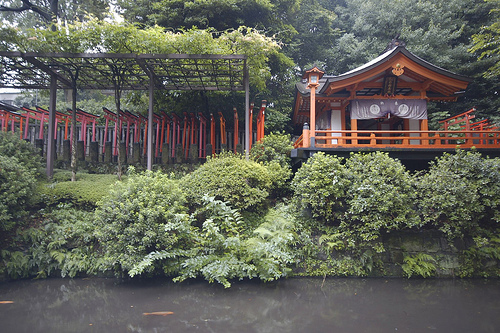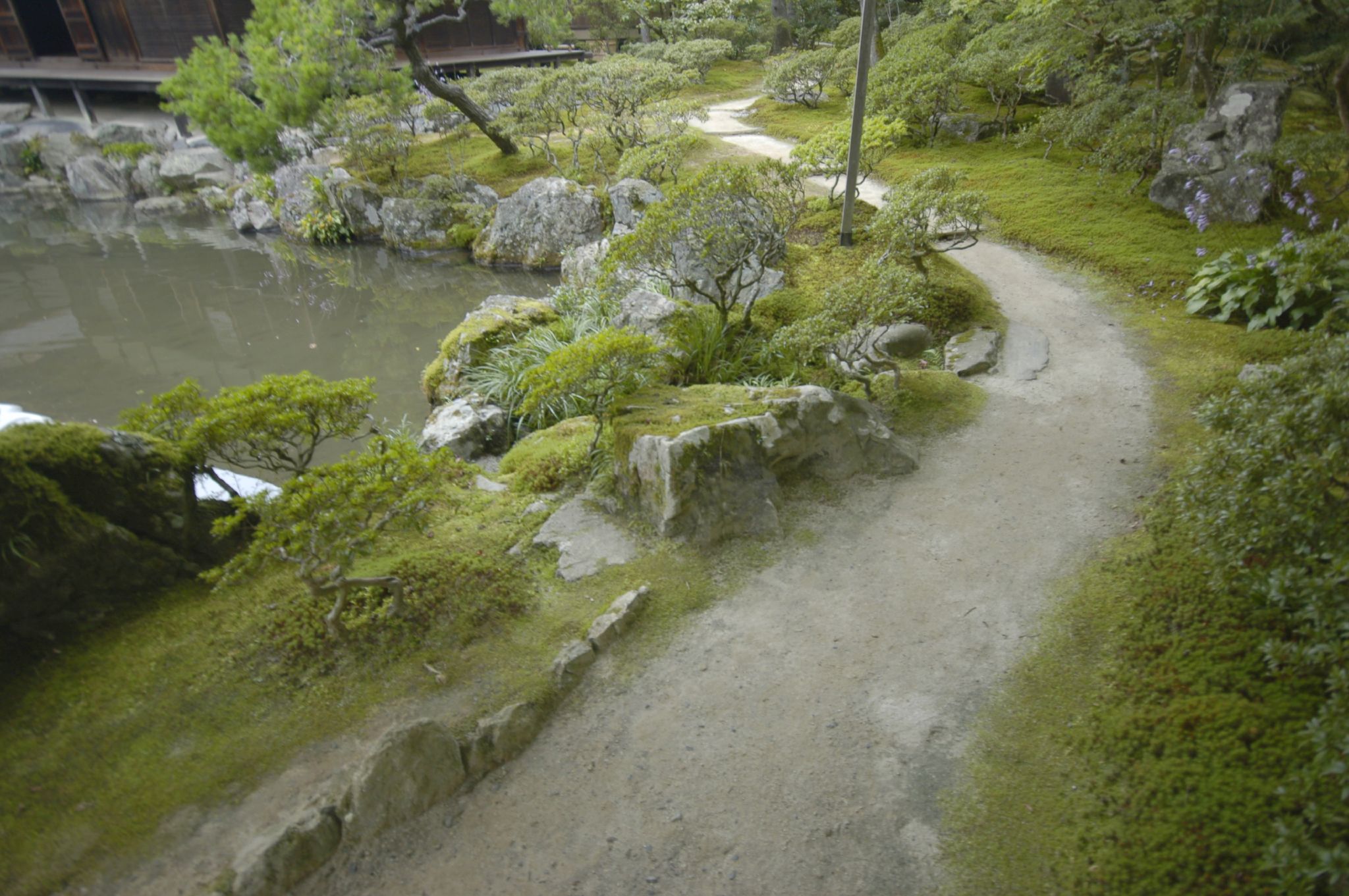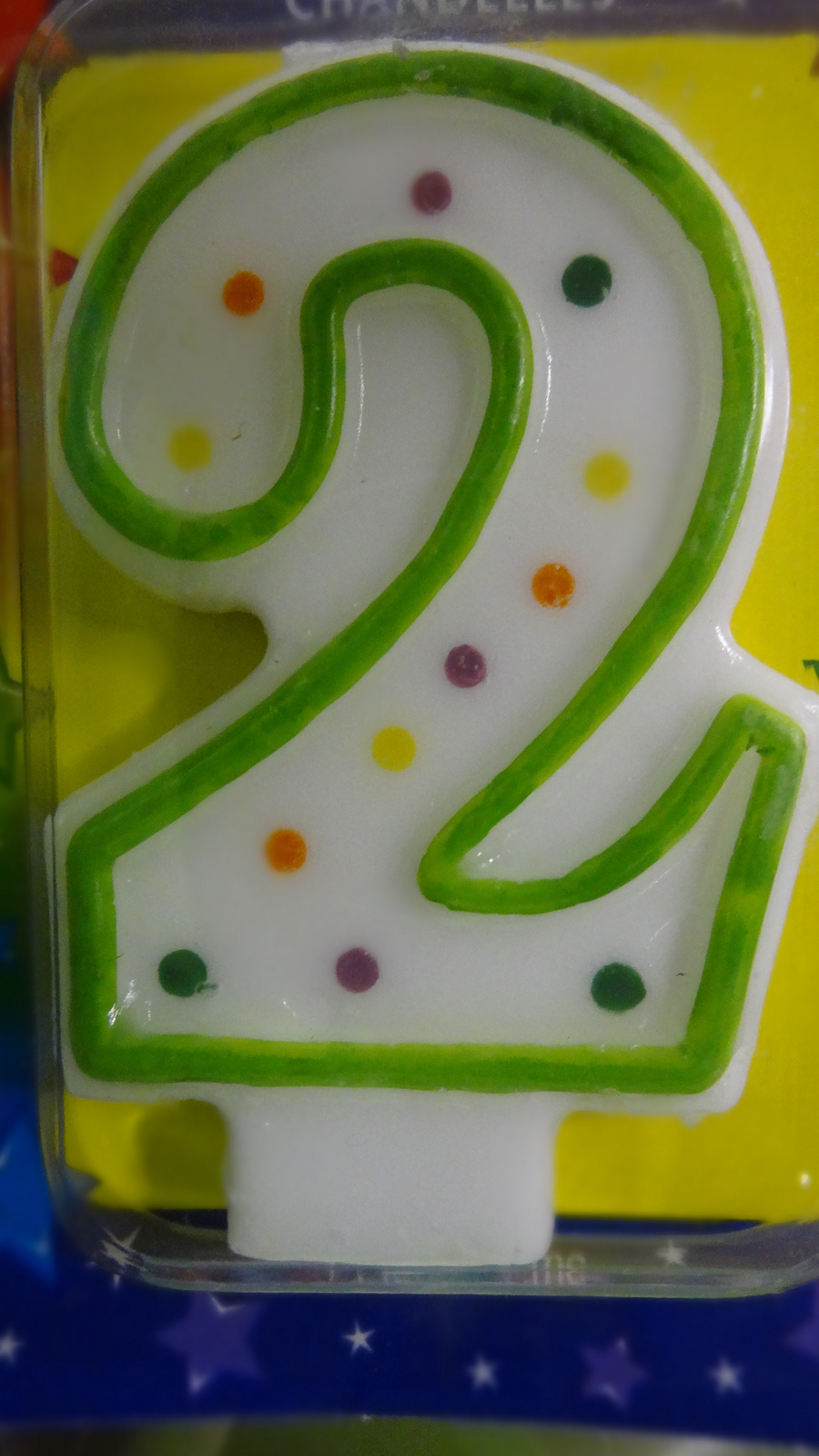Japanese particle confusion: 人「?」手伝ってあげる
All human-made languages are built from rules, upon which are piled on exception after exception (at least in the languages I have studied). In this post I’d like to go over a confusing usage of a Japanese particle that I’ve stumbled across in my own speech several times. What particle do you think fits in the… Read More »






